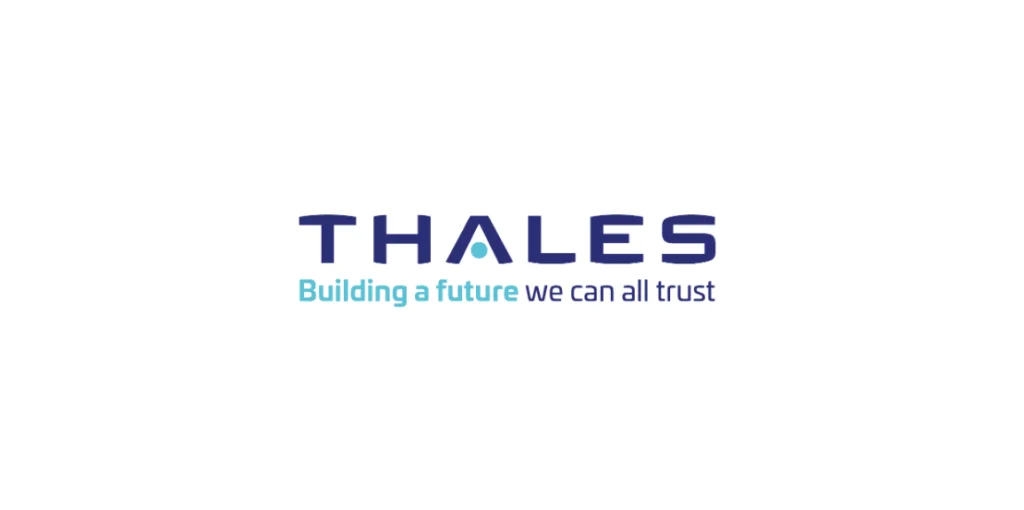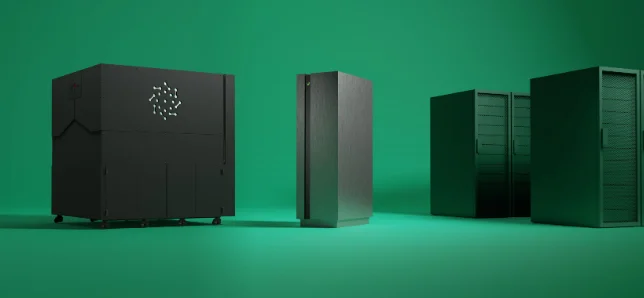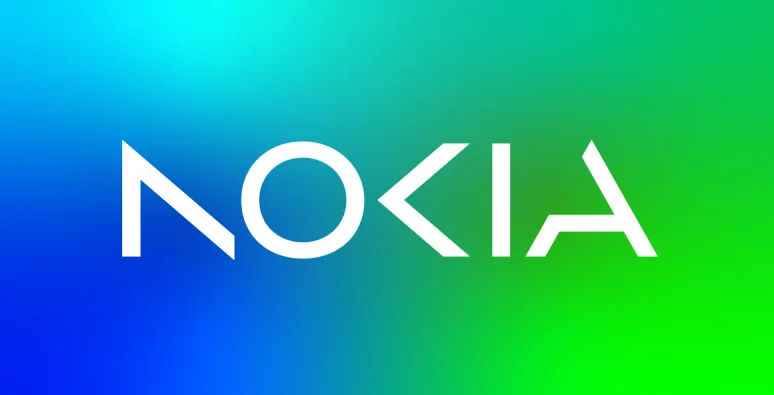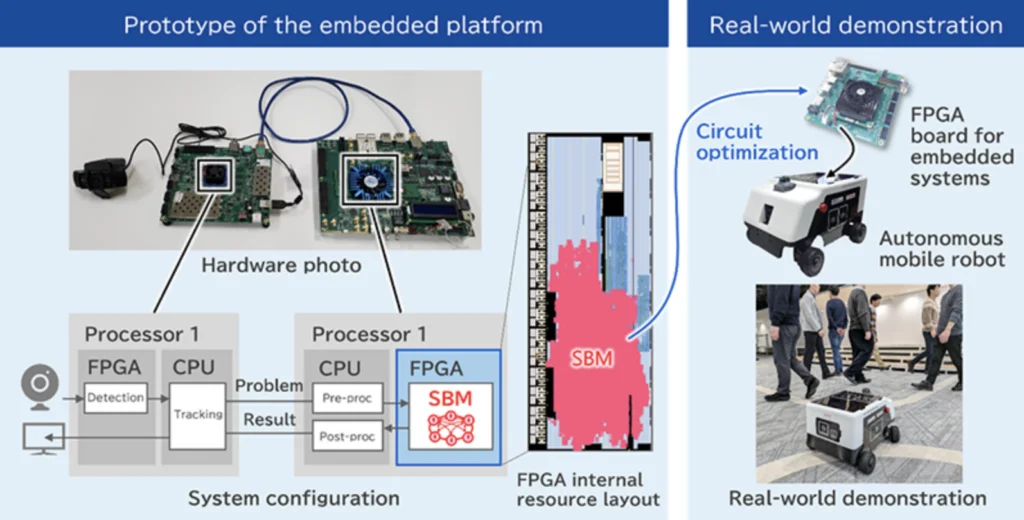Insider Brief
- Germany’s High-Tech Agenda Germany identifies six key technology sectors to strengthen economic competitiveness, create jobs, and reduce reliance on foreign suppliers.
- The plan prioritizes artificial intelligence, quantum technologies, microelectronics, biotechnology, fusion and climate-neutral energy, and climate-neutral mobility.
- Implementation will begin in autumn 2025 with coordinated efforts between researchers, industry, start-ups, and policymakers to accelerate commercialization of new technologies.
Germany is expected to release a draft of its High-Tech Agenda soon, a plan that may place quantum technologies closer to the heart of this new national innovation plan. It’s a bet — which Handelsblatt newspaper is reporting to be part of Germany’s €5.5 billion bet on frontier technologies — that the mastery of the subatomic world will deliver breakthroughs in computing, secure communications, and medical applications.
The High-Tech Agenda Germany, set to launch in autumn 2025, outlines a coordinated effort to unite researchers, industry, and start-ups to build quantum computers and commercialize applications, according to the Federal Ministry of Research, Technology, and Space. The government sees quantum as one of six “key technologies” essential to economic strength, technological sovereignty, and global competitiveness.
Quantum technologies make use of the behavior of very small particles such as electrons and photons, offering good prospects for a bright future, according to the agenda. The strategy emphasizes domestic capacity — from hardware development to software ecosystems — to reduce reliance on foreign suppliers and position Germany as a hub for global quantum activity.

Quantum as a National Priority
The plan highlights two major application areas for quantum: data security and health care. Quantum key distribution and other cryptographic methods could safeguard sensitive communications against both current cyber threats and future attacks from powerful quantum computers, according to the ministry. In health care, quantum systems could simulate complex molecular interactions, speeding drug discovery and personalized medicine.
Germany intends to create a national quantum ecosystem that brings basic research closer to industry. By linking universities, research institutes, deep tech start-ups, and established companies, the government aims to accelerate development cycles and increase the odds of market-ready quantum products emerging from domestic labs.
The agenda’s framing of quantum alongside traditional industrial strengths marks a strategic shift. Germany’s manufacturing base has long been a global leader in precision engineering. By applying similar rigor to quantum development, officials hope to anchor the technology’s supply chain in Europe.
The plan places quantum technology alongside other key technologies for Germany’s future, including artificial intelligence (AI), microelectronics, biotech, fusion energy and climate-neutral energies and climate-neutral modalities.
Artificial Intelligence and Digital Capacity
The plan puts AI second only to quantum in its priority list, describing it as a foundational capability that will influence every other technology. Germany and Europe are to become leaders in AI by increasing domestic computing capacity and improving access to both training data and AI models.
The agenda envisions AI systems deployed at scale — in industry, at home, and in health care — with a focus on reliability, transparency, and integration into existing sectors. Investment in AI infrastructure will also support quantum research, as large-scale simulations and hybrid quantum-classical algorithms will require massive computational resources.
Microelectronics for Technological Sovereignty
Semiconductor independence is another pillar of the strategy. Microelectronics power every digital device, and recent global supply chain disruptions have underscored the risks of dependency. The agenda calls for domestic production of next-generation microchips, including the specialized control electronics required for quantum computers.
The approach combines investment in research, workforce training, and manufacturing capacity. Officials stress that without control over chip design and fabrication, Germany’s ambitions in quantum, AI, and other fields could be undermined.
Biotechnology and Health Resilience
Biotechnology, already a strength in Germany, is positioned as a driver of public health, food security and environmental protection. The government will fund research into new vaccines, treatments for currently incurable diseases, and sustainable agriculture.
In the context of quantum, biotechnology could be both a beneficiary and a collaborator. Quantum simulations of biological systems could accelerate biotech discoveries, while biotech’s need for advanced computing could spur adoption of quantum tools.
Fusion Energy and Climate Goals
Fusion energy, long viewed as a distant prospect, receives explicit support under the agenda. Germany will accelerate fusion research through partnerships between science institutions and start-ups. Officials see fusion as a potential game-changer for climate-neutral energy generation, alongside established renewables such as solar, wind, and geothermal power.
While the fusion timeline remains uncertain, the strategy acknowledges the importance of early investment to establish leadership before commercial viability arrives. Quantum technologies may also play a role in modeling plasma physics and optimizing reactor designs.
Climate-Neutral Mobility
The transportation section focuses on establishing a European battery supply chain, developing climate-neutral fuels for aviation and shipping, and testing novel delivery systems such as drones. The plan frames mobility as a sector where Germany must combine engineering expertise with bold experimentation.
For quantum, mobility offers potential use cases in optimization. from routing logistics fleets to managing power demands in electric vehicle networks.
Strategic Research Fields Beyond the Six Pillars
Beyond the six key technologies, the agenda designates strategic research areas including aerospace, security and defense, marine sciences, climate research and the humanities. These are seen as cross-cutting enablers for innovation and as fields where technological advances can have broad social and economic impact.
The High-Tech Agenda Germany will begin with a major kick-off event in autumn 2025, bringing together stakeholders from each priority area. The government aims to coordinate national and regional initiatives, aligning research funding, industrial policy, and workforce development.
The plan also includes measures to improve the transfer of research to industry, such as reducing bureaucratic barriers for start-ups, simplifying licensing processes, and fostering public-private partnerships. Officials expect that by streamlining commercialization, research investments will have greater economic leverage.
Read more about Germany’s high-tech agenda at the Federal Ministry of Research, Technology, and Space website.















